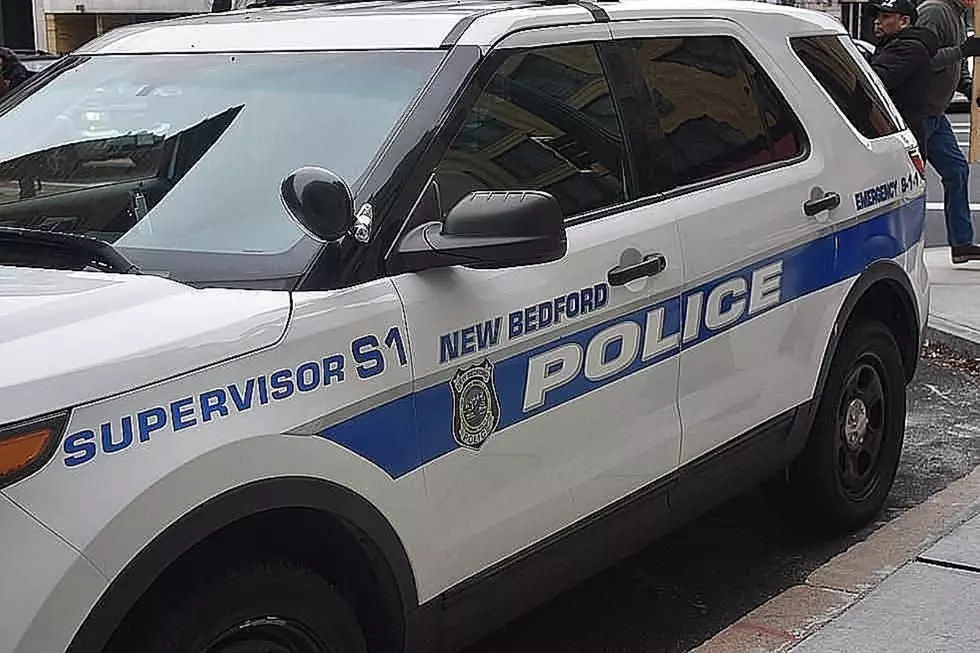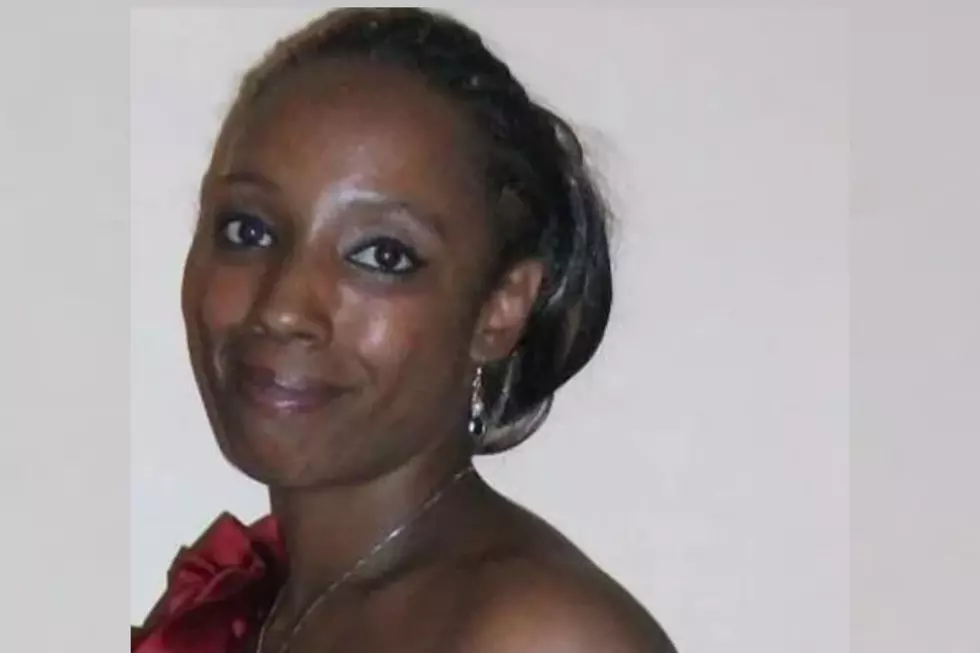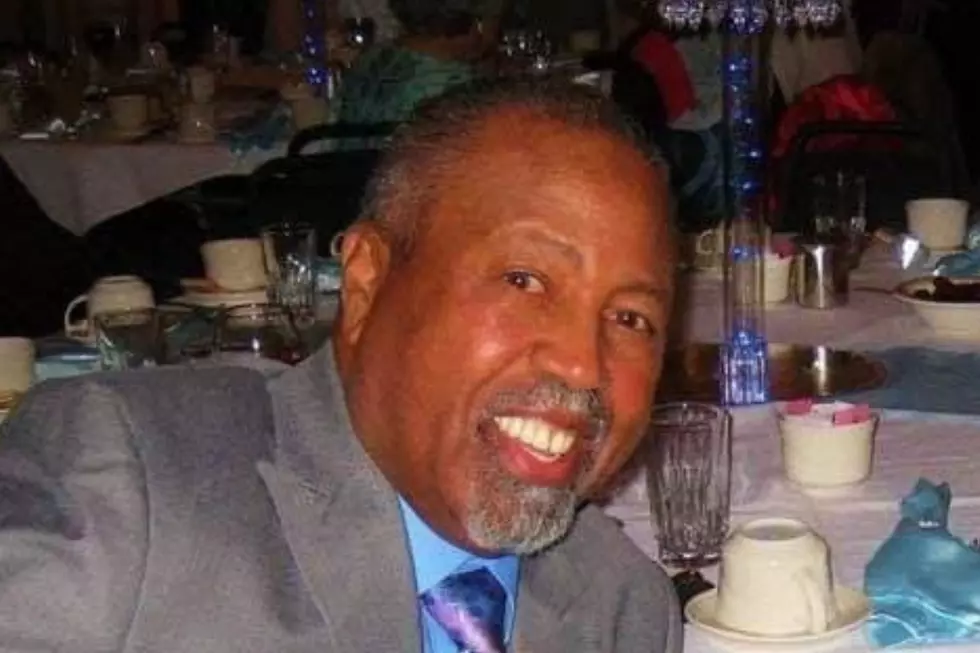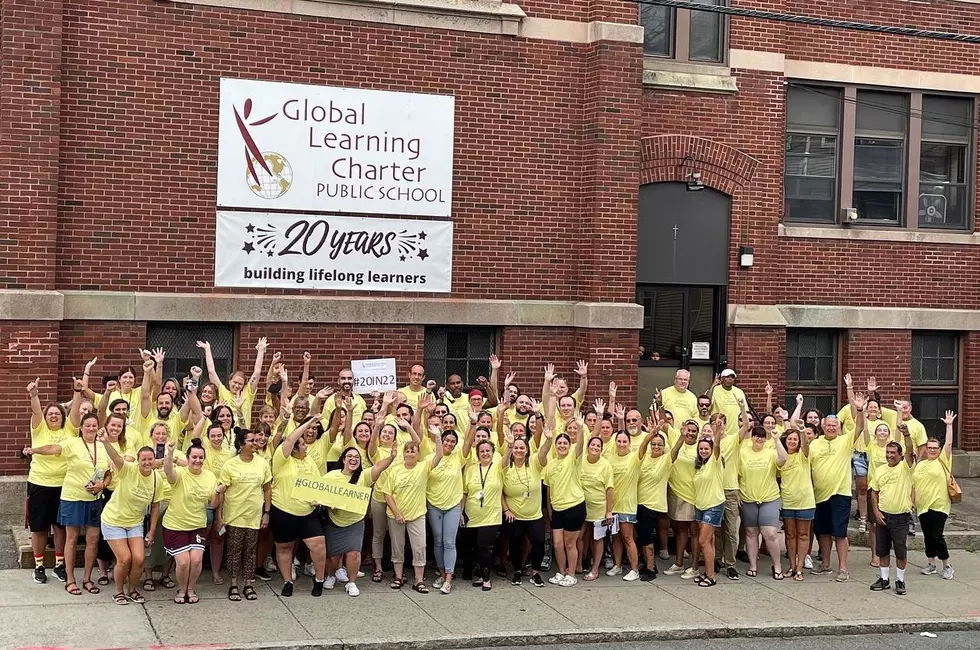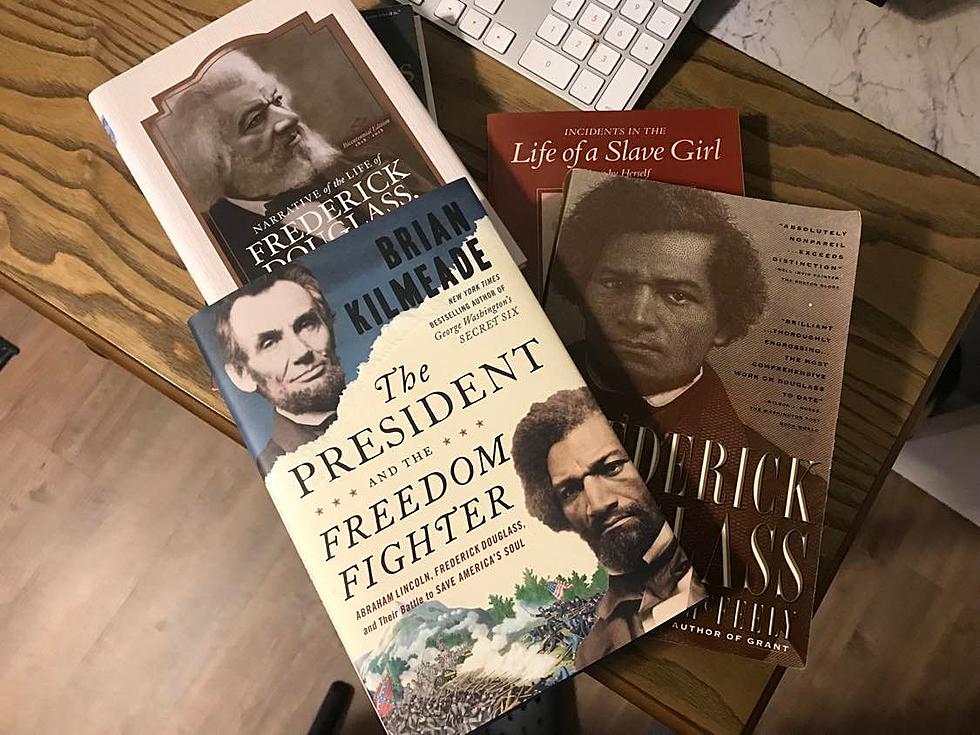
Great Reads About Frederick Douglass’ Time in New Bedford
Legendary abolitionist and one-time New Bedford resident Frederick Douglass authored three autobiographies during his life. All three are worth your time if you want to learn the most about a man who fought for social change, including the abolition movement and women's rights.
Much of his early work began right here in New Bedford, Massachusetts at the home of Nathan and Polly Johnson on Seventh Street.
Fred Bailey was born into slavery in eastern Maryland in 1817 or 1818. He died in 1895 at age 77 or 78. The exact date of his birth remains unknown. After years of abuse and violence at the hands of various masters, Bailey escaped to New York City with the help of Anna Murray, a free Black woman with who he later married and had five children.

While on the run from his "owner," Bailey changed his name to Frederick Douglass, hoping to prevent capture by bounty hunters. Before his escape, Douglass learned to read and write, which served him well on a journey that eventually led him to Europe and the White House, where he met for a second time with President Abraham Lincoln.
Douglass spent three years in New Bedford between 1838 and 1841, where he worked several jobs, mainly along the waterfront on Second Street. It was here that Douglass became involved in the abolition movement. The family lived briefly in Lynn, Massachusetts, and then New York State.
Douglass, a Republican, had evolving views of the U.S. Constitution but ultimately believed that the document provided for the equal rights of all men and women in America.
The life of Frederick Douglass was fascinating and worthy of your consideration as we prepare to mark Black History Month in February.
The following are several books, including Douglass' autobiographies that I would recommend to you.
Autobiographies of Frederick Douglass
Other Books About Frederick Douglass
LOOK: Here are the biggest HBCUs in America
LOOK: 50 essential civil rights speeches
LOOK: 28 Modern Black History Makers & Moments
More From WFHN-FM/FUN 107


